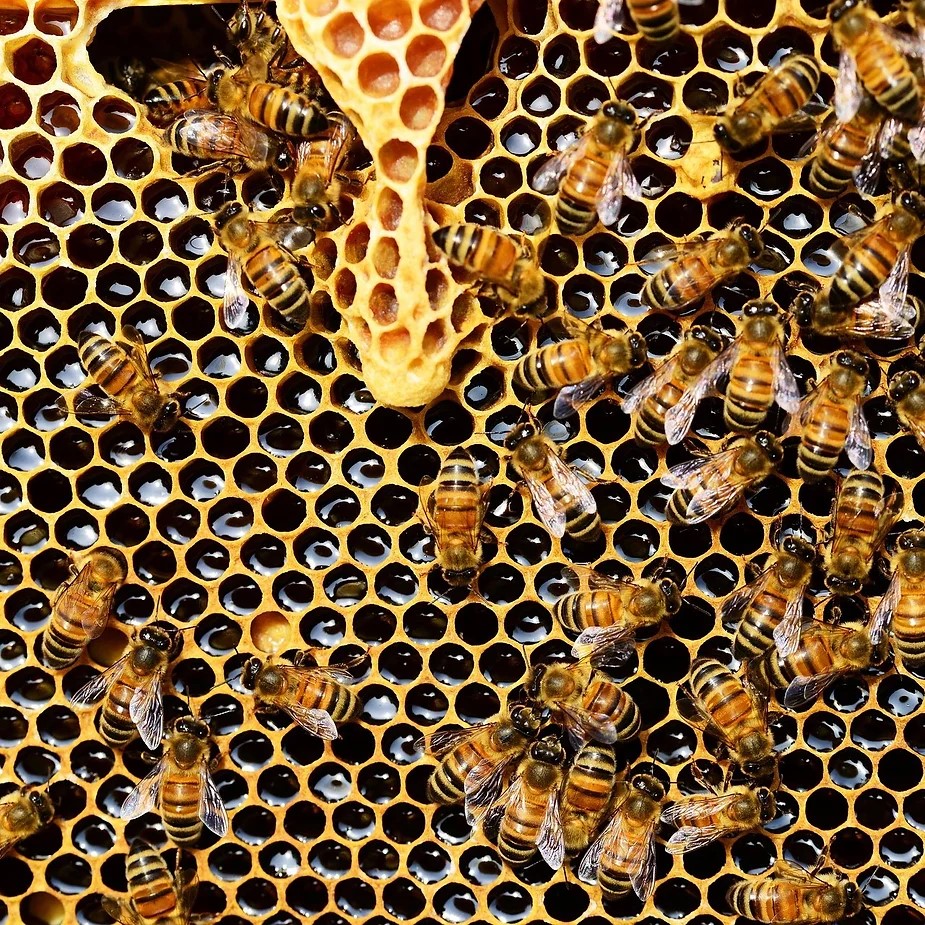
Rewildling
Following on the land-sharing/land-sparing theme we introduced last week, I would like to examine rewilding:
Re-wilding is an approach to "managing" land areas which is gaining popularity.
This seems on the face of it to be a desirable direction to take as it allows the repopulation of species into re-created wild areas and the potential to increase biodiversity and provide habitats for many species at risk. Rewilding though does have some drawbacks, as it potentially can romove land areas from food production and can disrupt rural communities and land-based cultural traditions (e.g. sheep farming). The bigger problem, though with the land-sparing approach is that farming intensifies further on those areas identified as ideally suited to agriculture. This intensification is very resource-demanding, and sourcing the inputs for this super-intesive agro-industry has major impacts on the environment elsewhere (e.g. mining for phosphates and other minerals, energy demands for artificial fertilisers) - sometimes referred to as ghost hectares. We can already see that super-intensive agriculture erodes the areas where it is located (soil erosion, nutrient runoff, eutrophication of water courses, etc.) as well as the local landscape being denuded of natural species (loss of biodiversity), despite potentially some gains where part of a land-sparing approach, through establishing wild areas. Heavily intensive agriculture increasingly resembles mining activities, and when the local resources are used up or denegrated, then farming will have to move on to new land areas. So, overall, land-sharing to protect nature appears to be largely a myth.
In the third and final part of the series in next week's newsletter I will argue that a well balanced farming systems co-evolved with natural landscapes - there is not always a hard separation between farming and nature - neither should there be.

